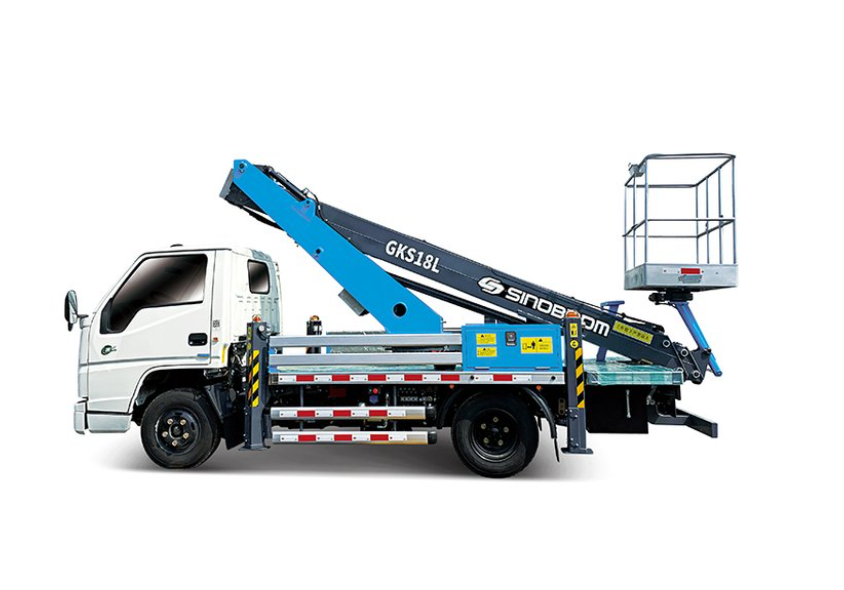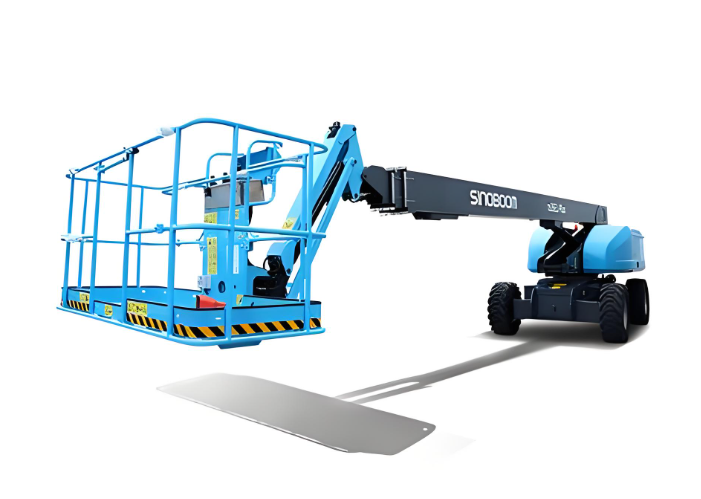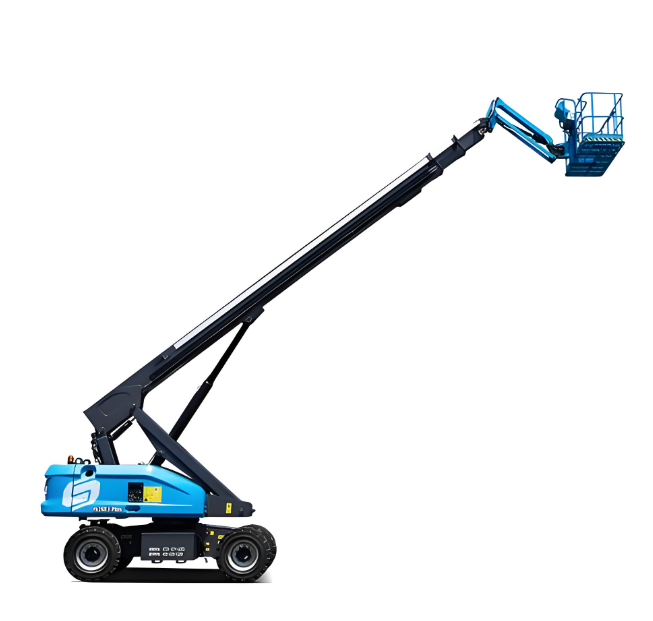front lift truck
A front lift truck, also known as a forklift, is a powerful industrial vehicle designed for efficient material handling and logistics operations. This versatile machine features a pair of hydraulically powered forks mounted on the front, capable of lifting and transporting heavy loads across warehouses, construction sites, and manufacturing facilities. The modern front lift truck incorporates advanced technological features including computerized load sensors, automatic stability control systems, and ergonomic operator cabins equipped with digital displays. These vehicles typically offer lift capacities ranging from 3,000 to 50,000 pounds, depending on the model and design specifications. The machine's innovative design includes a counterweight system that ensures stability during load handling, precise steering mechanisms for optimal maneuverability, and various safety features such as overhead guards and backup alarms. Front lift trucks are available in different power options including electric, diesel, and propane models, catering to various operational requirements and environmental considerations. The vehicle's versatility extends to its ability to handle different attachment types, enabling it to manage diverse cargo formats from pallets to specialized containers.



